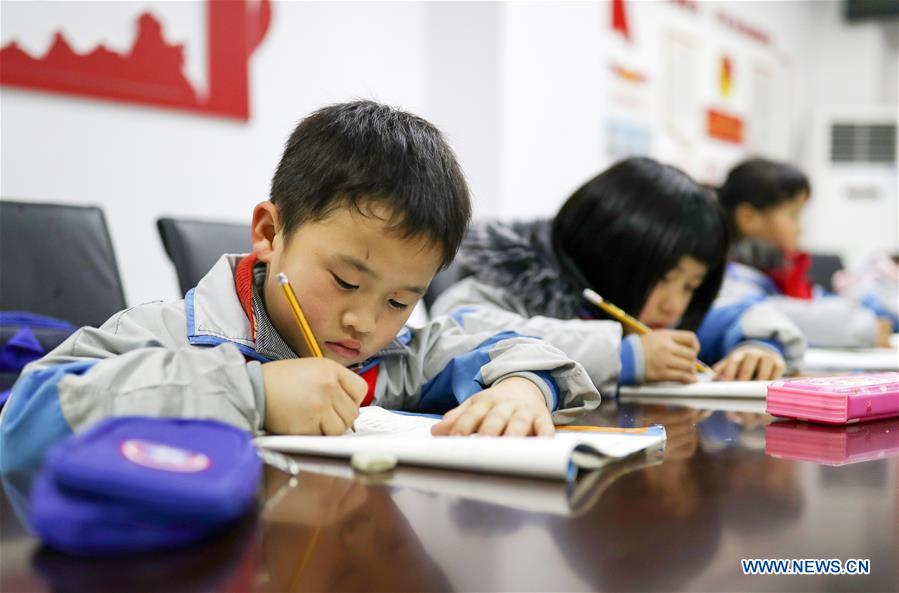Perception of training needs to be refreshed

In its latest guiding document on promoting the high-quality development of service consumption, the State Council, China's Cabinet, has mentioned education and training consumption.
Which move has been seen by some market analysts as giving the green light to the revival of the extracurricular academic education and training industry. Actually, the document makes it clear that those equating the stimulation of education and training consumption with the lifting of the ban on extracurricular academic education and training are misinterpreting it.

Extracurricular academic training during the compulsory education stage is still banned. The education and training referred to in the document mainly concerns higher education, vocational education, and nonacademic training. Instead of lifting the ban on the former, the State Council document aims at promoting the development of the latter type of education and training, which is not only a potential space for consumer spending but also indicates new directions for the development of the education and training industry, as some educational institutions that faced difficulties could also find opportunities in this new sector.
For a long time, education and training seem to have been narrowly equated with compulsory education stage academic training, mainly because that type of training has had the highest level of social participation, topicality, and market vitality. For a long time, this kind of training was considered mandatory by most parents, and the industry's vitality was prominent.
This may indicate that parents and market entities in the training industry have adopted a wait-and-see attitude toward the enforcement of the ban. On the other hand, academic training remains an essential choice for some families, and some hidden forms of the kind of training continue to exist.
However, the education and training industry encompasses nonacademic training, vocational skills education, adult continuing education, etc, all of which have increasingly large development spaces and market demand.
Society's perception of the education and training industry needs to be refreshed. The fact is that, several years after the implementation of the ban on academic extracurricular after-school training in the compulsory education stage, society still exhibits a high level of sensitivity to possible policy changes.
































